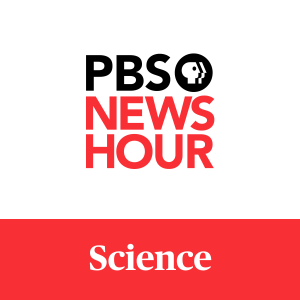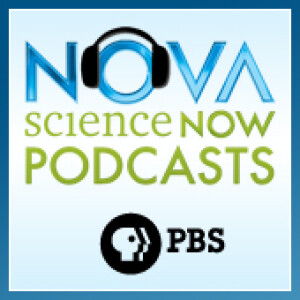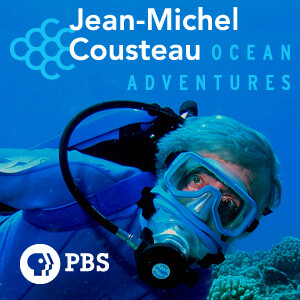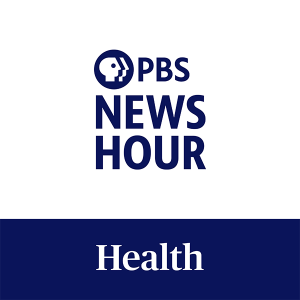

PBS News Hour - Science
https://www.pbs.org/newshour/feeds/rss/podcasts/scienceEpisode List

Federal mRNA funding cut is ‘most dangerous public health decision’ ever, expert says
Many public health experts and scientists say they are stunned by Health Secretary Robert F. Kennedy Jr’s decision to cancel nearly half a billion dollars in federal funding for future vaccine development. MRNA technology was central in the battle against COVID and can be developed more quickly than traditional vaccines. Geoff Bennett discussed the implications with Dr. Michael Osterholm. PBS News is supported by - https://www.pbs.org/newshour/about/funders

New book explores the science behind ‘super aging’ and longer, healthier lifespans
Imagine a future where the aging process can be delayed and more people live active, healthy and disease-free lives well into their 90s. That reality may be sooner than you think, according to Dr. Eric Topol, author of the new book “Super Agers: An Evidence-Based Approach to Longevity.” Ali Rogin speaks with Topol about the rapidly advancing science of healthy aging. PBS News is supported by - https://www.pbs.org/newshour/about/funders

How Ben & Jerry’s is recycling food waste into energy
It may sound like the stuff of sci-fi movies, but diverting food waste from the landfill and converting it into electricity has become a real thing. William Brangham visited Ben & Jerry’s Vermont ice cream factory and the operations next door to find out how it works. PBS News is supported by - https://www.pbs.org/newshour/about/funders

What’s in Trump’s new AI policy and why it matters
President Trump unveiled his approach to the development of AI. Surrounded by some of the biggest names in tech, he signed three executive orders. One targets what Trump called "ideological bias" in AI chatbots, another aims to make it easier to build massive AI data centers and the third encourages the export of American AI tech. Amna Nawaz discussed the implications with Will Oremus. PBS News is supported by - https://www.pbs.org/newshour/about/funders

Malaysia stops accepting plastic waste from the U.S. and other rich nations
The U.S. produces more plastic waste than any other country in the world. Last year, more than 35,000 tons of it was shipped to Malaysia, which received more discarded plastic from rich nations than any other developing country. But in June, Malaysian leaders effectively banned future shipments. John Yang speaks with Anja Brandon, director of plastics policy at Ocean Conservancy, to learn more. PBS News is supported by - https://www.pbs.org/newshour/about/funders
You may also like
Create Your Podcast In Minutes
- Full-featured podcast site
- Unlimited storage and bandwidth
- Comprehensive podcast stats
- Distribute to Apple Podcasts, Spotify, and more
- Make money with your podcast












